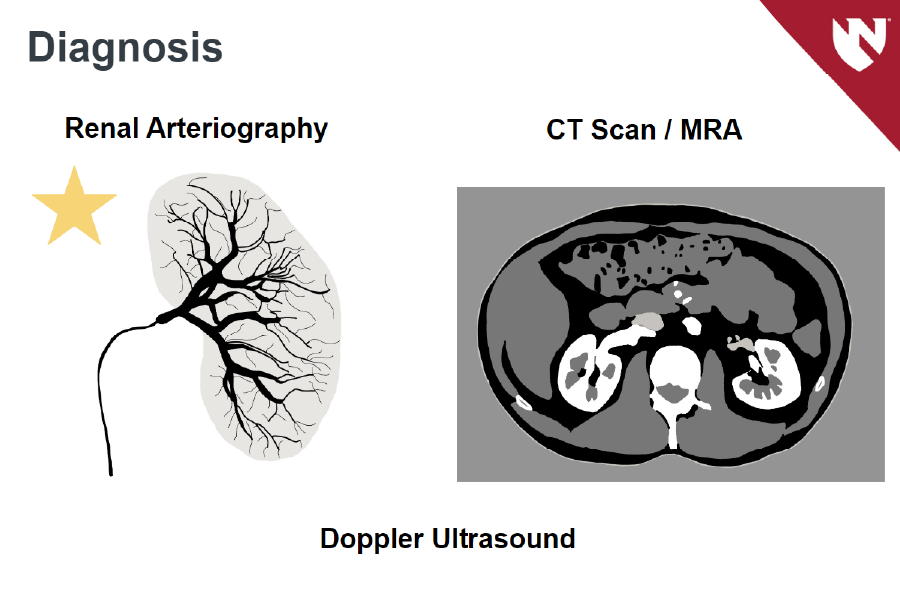Category: Anatomy, Biology, Chemistry, Physiology
The Neural Pathways of Opioid Use
This e-module describes the neural connections involved in opioid use disorders and explores key neurotransmitters and neuroanatomical regions affected by opioid use.
Apr 9, 2025

Portal Hypertension: A Systemic Disease
This module focuses on the effects of portal hypertension by following a patient from diagnosis to treatment. Participants will learn about the complications of cirrhosis, pathophysiology of portal hypertension, and treatment options.
Apr 7, 2025
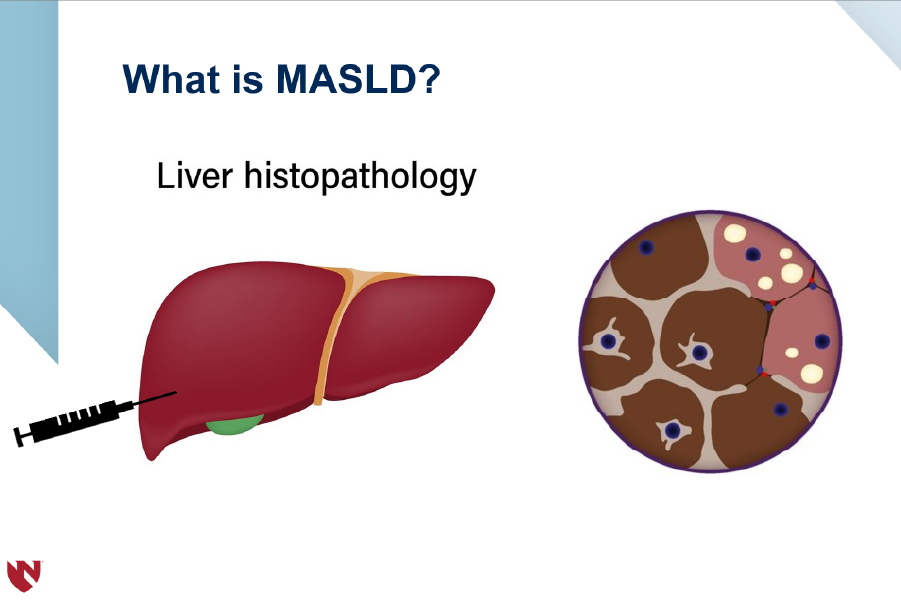
Hereditary Neuroendocrine Tumors: Genetic Counseling and Molecular Testing
The Hereditary Neuroendocrine Tumors: Genetic Counseling and Molecular Testing e-learning module provides the opportunity for genetic counselor learners to apply their knowledge and understanding of unique neuroendocrine tumor cases, utilizing an interactive clinic room setting. Through the use of interactive slides and assessments, learners will assess clinical case scenarios for differential diagnoses, molecular testing indications, […]
Apr 7, 2025
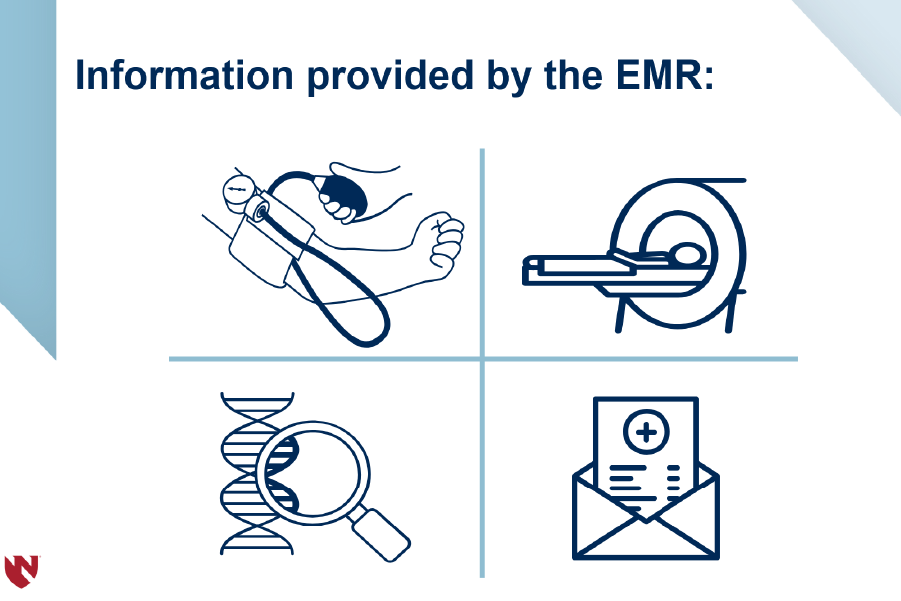
Cisplatin and Fanconi Syndrome
In this module, you will learn how cisplatin functions as a potent chemotherapeutic agent and examine its renal handling, focusing on the transporters involved in proximal tubule secretion. You will also investigate how certain drug interactions may worsen kidney injury and connect the clinical presentation of Fanconi Syndrome with its underlying pathophysiology.
Feb 10, 2025
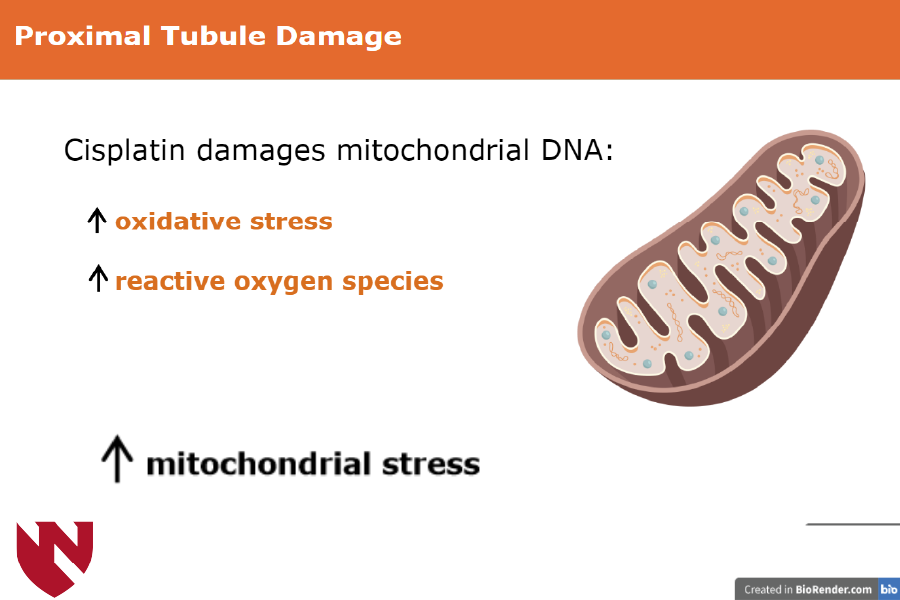
Measuring & Transferring Liquids
This interactive e-module focuses on developing critical skills for accurate liquid handling in laboratory settings, with applications in pediatric cancer research and beyond. It includes detailed steps for transferring solutions with serological pipets and micropipettes. The module also covers the application of these skills in performing precise serial dilutions.
Nov 20, 2024
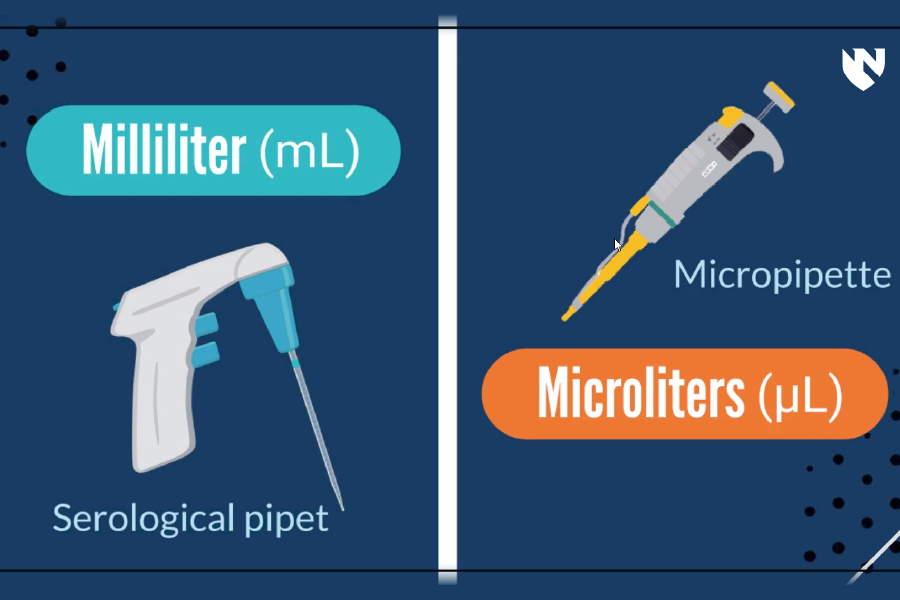
Renin-Angiotensin-Aldosterone System (RAAS) & Renal Artery Stenosis
This module begins by exploring how the renin-angiotensin-aldosterone system (RAAS) maintains homeostasis by preventing a decrease in glomerular filtration rate (GFR) during periods of low blood pressure. It then examines the role of angiotensin II as the key effector in preserving GFR throughout the body. Finally, the module addresses renal artery stenosis, a condition in […]
Nov 19, 2024
